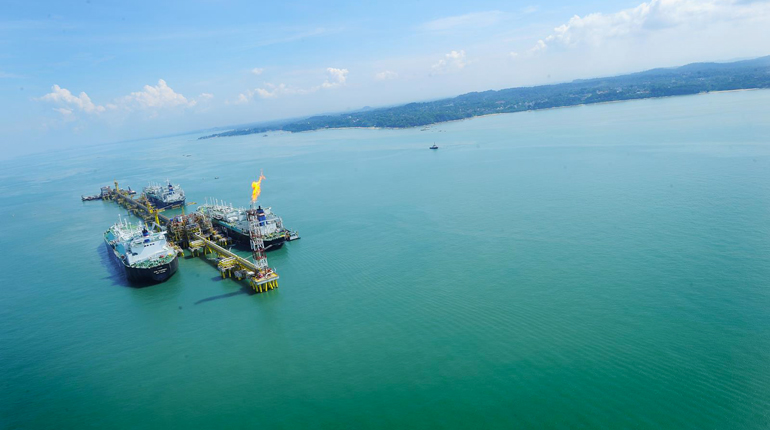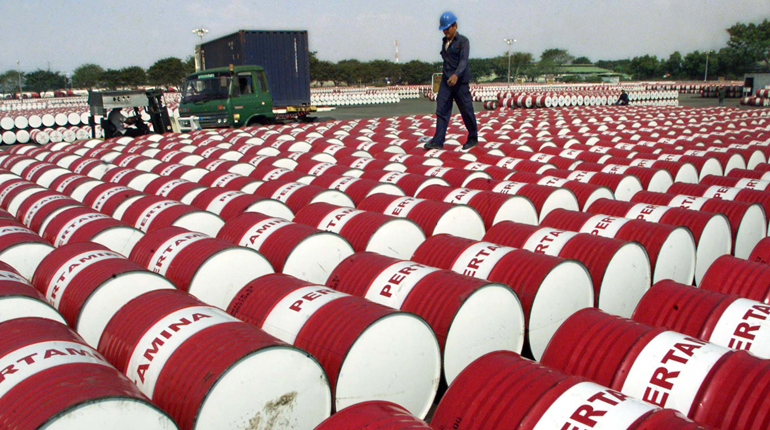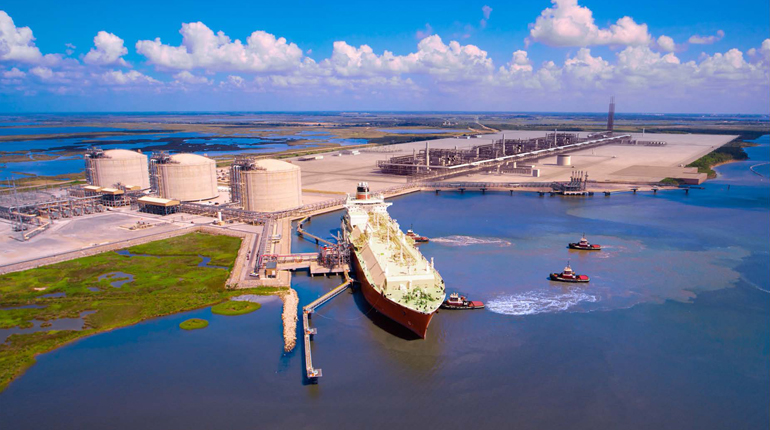Southeast Asian LNG – strength in numbers
 The individually small LNG markets of Southeast Asia are set to go through a period of significant growth at a time when the market needs it. (Petronas)
The individually small LNG markets of Southeast Asia are set to go through a period of significant growth at a time when the market needs it. (Petronas)
The emerging importers of Southeast Asia look set to become an increasingly important part of Asia’s LNG balance. The region’s demand for imports is expected to grow strongly over the next few years, in contrast to that of the leading importers in Northeast Asia – Japan and South Korea. The diverse group may be relatively small individually, but as a region Southeast Asia will expand considerably over the rest of the decade – with small markets growing and new LNG importers entering the scene.
The largest gas markets in the region – Indonesia, Malaysia and Thailand – are all largely dependent on domestic supply and, in the case of Thailand, piped imports. However, LNG imports are expected to make up an increasing share of the supply mix. Of the smaller markets in the region, only Singapore currently imports LNG. However, the Philippines and Vietnam have receiving terminals that are planned to start up this year and next, respectively.



